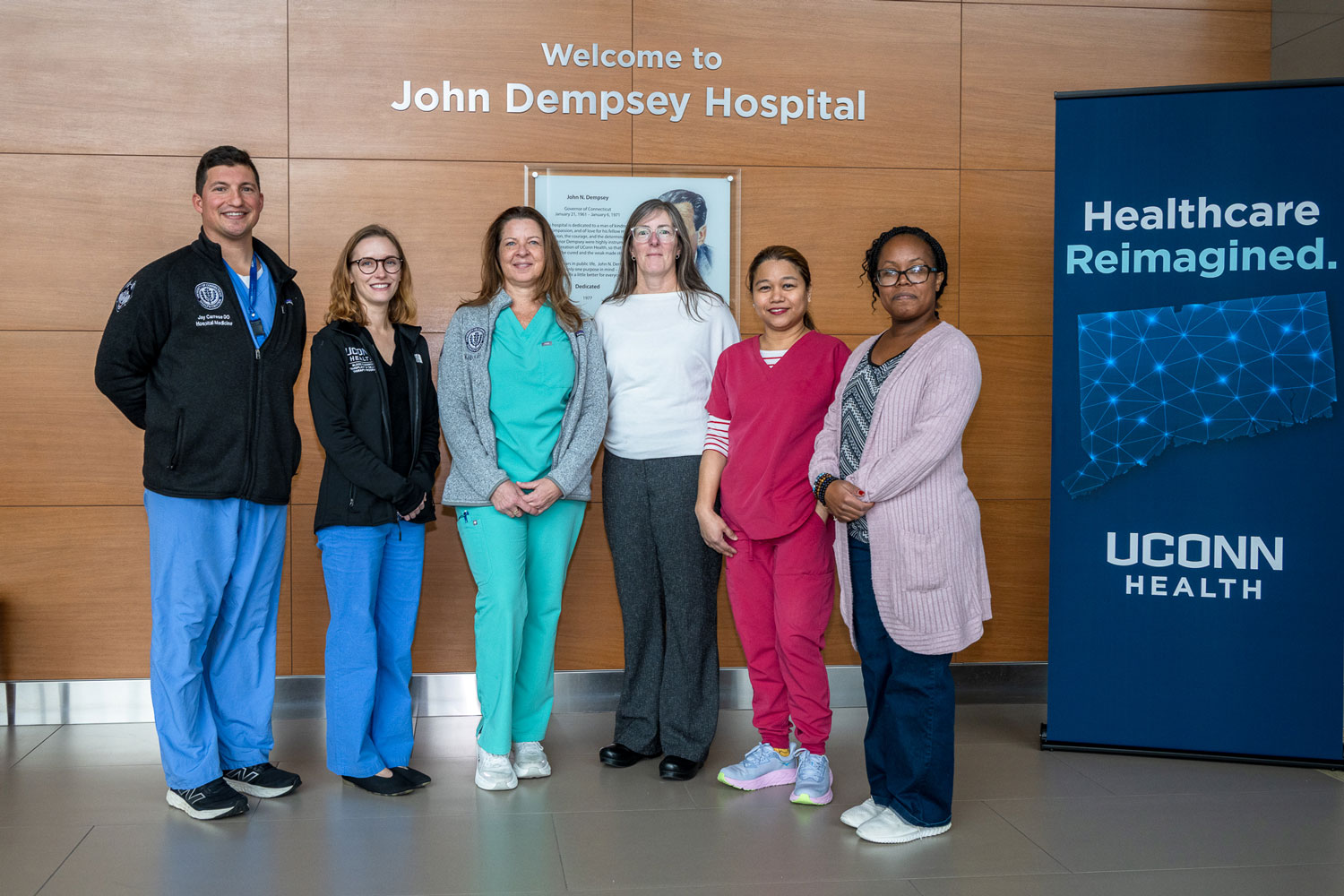Starting Saturday, Aug. 10 from 9:00 to 10:00 a.m. in West Hartford’s Elizabeth Park, get fit by taking a free walk with future doctors from UConn School of Medicine. The walks will occur on the 2nd and 4th Saturdays of every month.
While getting one-hour of heart-healthy exercise, also learn from the medical students new ways to additionally boost your overall health. In addition, prior to the start of each walk a UConn Health doctor with give a 5 minute expert talk on an important health topic. The first walk’s topic will be 10 tips for effective weight loss by Dr. Varalakshmi Niranjan, an obesity medicine specialist at UConn Health.
“Walk with a Future Doc is a new walking program for everyone interested in taking steps for a healthier lifestyle,” says Lilah Fones, founder of the program and third-year UConn medical student. It is part of the national Walk with a Doc program dedicated to encouraging healthy physical activity in people of all ages, and reversing the nationwide epidemic of obesity to improve the nation’s health and well-being. It was started in 2005 in Ohio and has expanded throughout the world.
“What better way to start your weekend than on your feet making strides to help your heart and improving your general health to live longer,” says Fones. “While you walk at your own pace, you’ll have the opportunity to have questions answered by UConn medical students and UConn Health physicians.”
How is walking beneficial to your health?
- It’s a simple and natural exercise.
- All you need to walk is a pair of comfortable shoes.
- You can walk alone or with friends, a partner, family, or with a group.
- It has the lowest dropout rate of any physical activity.
- It is a low impact exercise which means it’s easier on the body’s joints than running.
- It is safe, even for people with orthopedic ailments, heart conditions, and those who are more than 20% overweight.
- It can help you maintain a healthy weight and lower your risk of obesity.
- It can help prevent cardiovascular disease including heart attack and stroke.
- It can lower your risk factors for heart disease including high blood pressure and cholesterol.
- It can make your bones and muscles stronger.
- It can reduce stress and even boost your mood.
- Research has shown that you could gain two hours of life for each hour of regular exercise you perform.
“Make time for at least a daily 30-minute walk around a park, your neighborhood or your workplace,” says Fones. “It is definitely worthwhile and a short walk goes a long way to improving your health.”
UConn Health’s Niranjan couldn’t agree more.
“We think that this walking program with our medical students will benefit the community served by UConn Health and beyond greatly,” says Niranjan, an internal medicine specialist who runs a physician supervised weight loss program at UConn Health.
All are welcome to join the free walks on the 2nd and 4th Saturdays of every month in Elizabeth Park located in West Hartford on Asylum Avenue. Walkers can plan to meet at the picnic area across from the park’s restaurant by 9:00 a.m.
Sign-up for the ‘Walk with a Future Doc’ program on its Facebook page here.



